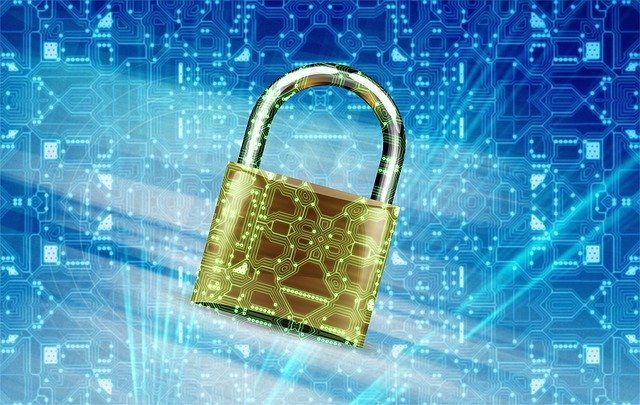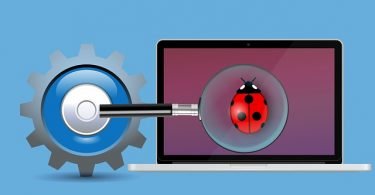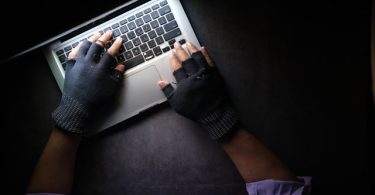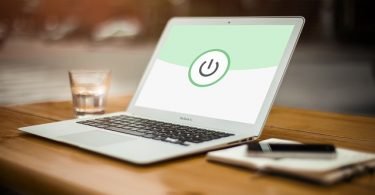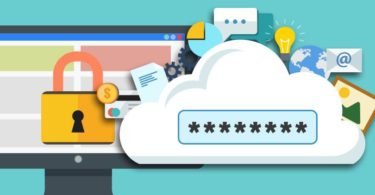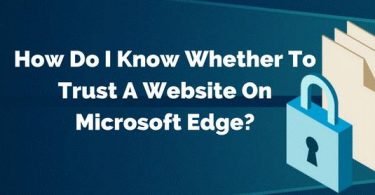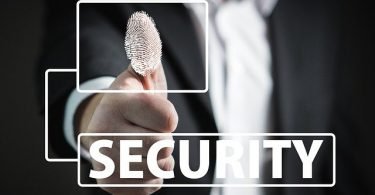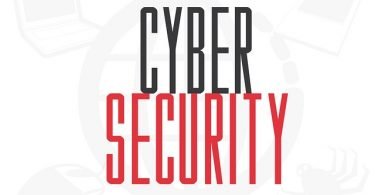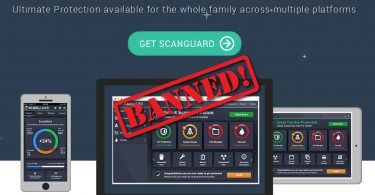Wondering what doxxing is? In the age of big data, it’s almost impossible to go online without leaving behind some personal data. Many people share details about their lives on social media. And, nowadays, everyone knows that advertisers track and collect data about customers. So, in one form or another, information about you is out there.
Usually, those individual bits of information are benign on their own. The problem is that someone can connect all that data, like a person following a trail of breadcrumbs. And that is where doxxing comes in.
Doxxing refers to gathering personal information about someone and revealing it to the public. The goal of doxxing is to harm the victim. Anyone can be targeted by a doxxing attack at any time, for many reasons, and it can have devastating consequences.
Read on to learn more about how doxxing works, why it happens, and what people can do to protect themselves from becoming a victim.
How Does Doxxing Happen?
Doxxing usually involves research and “connecting the dots.” People leave a lot of information online. Interested parties can connect that information by something like their real name, username, or an email address.
There are many ways attackers can identify someone. Some can even go as far as discovering the victim’s location or social security number. And it can be as simple as hijacking their connection or using malware to ping their IP address to find their real address.
Online Vigilantism, Real-Life Consequences
Many doxxers see themselves as vigilantes, acting for the greater good. But there are still awful repercussions for the people they target, some of whom only shared opposing opinions online. Some people like doxxing others because it gives them a sense of power.
Here are a few examples of real-life doxxing incidents that ended up ruining people’s lives in one form or another:
Misrepresented and Misjudged
There has been a slew of doxxing attacks against those with neo-nazi views recently. Many meet this wave of internet vigilantism with applause, but it can be dangerous too.
In 2017, there were a couple of cases where people were mistakenly identified as being part of a nationalist protest in Charlottesville. These misidentified people were nowhere near the event at the time, and they didn’t take any part in it. But they still received threats from strangers.
A Massive Violation of Privacy
A few years ago, a Reddit user spoke out about her harrowing experience with doxxing. Someone posted the naked photos of her online (without consent), and thousands of people shared them around.
Some people then managed to find her real identity and home address and posted this information online. Strangers ended up harassing her, some of whom even showed up at her house.
Doxxing and Swatting Go Hand in Hand
Swatting is what happens when a person calls the police or SWAT units and sends them to someone else’s address as a prank. These people usually use doxxing to find their victim’s home address.
What makes it so dangerous is that swatting has led to the unintended deaths of victims in the past. It was the case with Andrew Finch in 2017, for example.
How to Prevent Doxxing?
1. Make Social Profiles Private
Doxxers manage to gather a lot of information about people by looking at their social media profiles. One can discover their place of work and the city they live in, who their friends are, and which hobbies they pursue.
One way to limit public information about yourself is to make profiles on platforms like Facebook and Instagram private. Also, make sure to change other privacy settings, including those on ads.
2. Don’t Reveal Personal Information in Posts or Comments
Online forums and social media platforms like Twitter allow users to stay anonymous. But that doesn’t keep doxxers from figuring out a person’s identity by looking at what they say.
For instance, someone can say they don’t live in the US in one post and then say they bought something at Penny Markt in a separate comment. One can use that information to determine their actual location.
3. Use Anonymizing Tools like VPNs
Doxxers can use methods like IP logging and packet sniffing to find a person’s real identity and address. A VPN service provider (like NordVPN, for example) can act against that by masking the IP address of a device and encrypting its network traffic.
So, an IP logger would reveal the IP address of the VPN server instead of yours, and packet sniffing wouldn’t reveal anything at all.
4. Use Separate Emails For Different Accounts
Emails are exposed in data breaches all the time. The same goes for social media and online forums too. An email often reveals a lot of information also, including first and last name.
While that makes email addresses look professional, it’s not so great for anonymity. So switch to different email addresses with no names attached when creating new accounts on forums or social media.
5. Don’t Log In With Google/Facebook
A lot of websites and forums allow people to create an account and log in with their Facebook or Google accounts. That’s convenient, but it also allows those websites to gather a lot of personal information. And doxxers can steal or use that Information.
Prevent Doxxing
Doxxing is a horrible practice that can affect anyone at any time. It is crucial to limit the amount of information that doxxers can find about you online.

